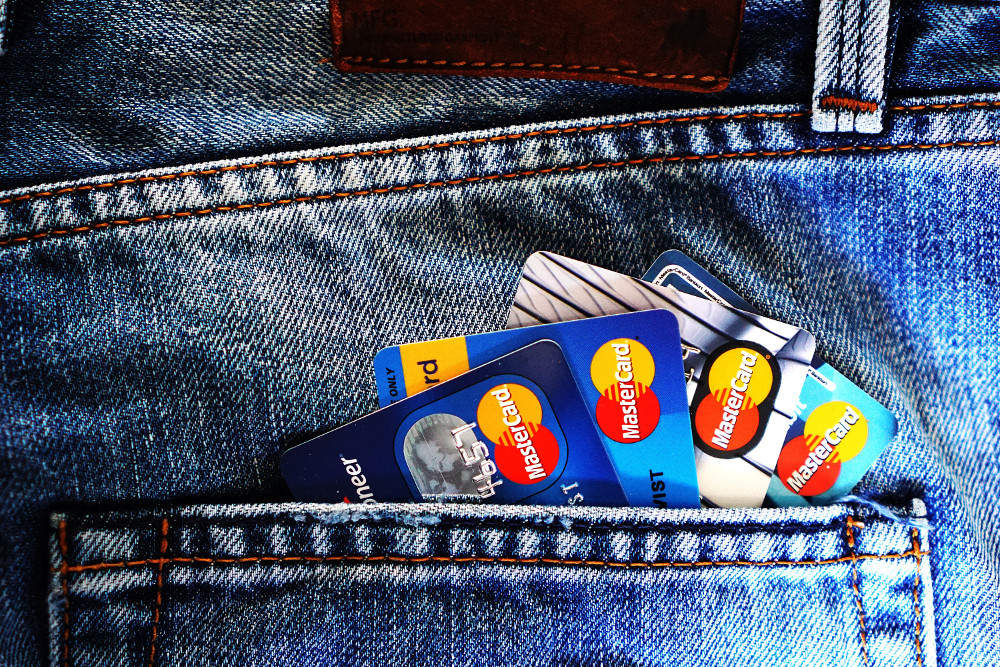Are you a UK resident looking to navigate the world of credit cards?
You’re not alone.
Credit cards offer a convenient way to manage your finances, build credit, and enjoy various benefits.
However, with numerous options and considerations, it’s natural to have questions.
In this article, I’ll address frequently asked questions about credit cards in the UK, providing you with valuable insights and tips to make informed decisions.
FAQs About Credit Cards in the UK and Their Answers
1. How do I get a credit card in the UK?
Getting a credit card in the UK involves applying through a bank or financial institution.
You’ll need to meet certain criteria such as age, income, existing debt and credit history.
Comparing different credit card options and their features can help you find the right fit.
When comparing credit cards, consider interest rates, rewards, fees, credit limits, and any promotional offers. This helps you find the card that suits your needs.
2. How easy is it to get a credit card in the UK?
Getting a credit card in the UK depends on a number of factors, as stated above.
If you have a stable income and a good credit score, you are more likely to get approved.
It is advisable to check with different banks to find a card that suits your profile.
3. What are the most widely accepted credit cards in the UK?
Major credit card networks such as Visa and Mastercard are widely accepted in the UK.
These networks are globally recognized, making transactions smoother whether you’re shopping locally or internationally.
4. What is the best credit card for students in the UK?
For students, credit cards tailored to their needs are available.
Look for cards with lower credit limits, manageable interest rates, and perks that suit a student’s lifestyle.
Here are 8 student card credit cards you might want to consider.
5. Does a credit card build a credit score?
Yes, responsible use of a credit card can help build a positive credit history and improve your credit score.
Using a credit card responsibly by making timely payments, staying within your credit limit and keeping your credit utilization ratio (balance vs. credit limit) low can help you build a positive credit history.
This, in turn, improves your credit score.
6. How do I use a credit card responsibly in the UK?
To use a credit card responsibly, only spend what you can afford to repay, pay your bills on time, and avoid carrying high balances.
This practice maintains a healthy credit profile.
7. How do I avoid credit card debt?
Avoid accumulating credit card debt by paying off your balance in full each month.
If you can’t pay in full, try to pay more than the minimum to reduce interest charges.
8. How do I cancel a credit card?
To cancel a credit card, contact your card issuer and follow their process.
Pay off any remaining balance and ensure the account is closed properly.
9. How do I dispute a credit card charge in the UK?
If you spot unauthorized or incorrect charges on your credit card statement, promptly contact your card issuer to dispute them.
They will guide you through the necessary steps.
10. What are the different types of credit cards in the UK?
Credit cards come in various types, including rewards cards, cashback cards, balance transfer cards, and more.
Choose one that aligns with your spending habits and financial goals.
11. What are the fees associated with credit cards in the UK?
Common fees include annual fees, foreign transaction fees, and late payment fees. Carefully review the terms and conditions to understand the fees associated with your chosen card.
12. Is it a good idea to get a credit card?
When used responsibly, credit cards can be beneficial. They offer a way to build credit, provide fraud protection, and often come with rewards or money-back programs.
However, it is crucial to manage your expenses and payments to avoid accumulating debt.
Here are a few mistakes you should avoid when using a credit card.
13. Can I get a UK credit card without a credit score?
Having good credit makes it easier to qualify for a credit card, but some issuers offer options for people with limited or no credit.
These cards may have lower credit limits and higher interest rates.
14. Why can’t I get a credit card?
If you’re having trouble getting a credit card, it could be due to factors like a low credit score, insufficient income, or existing debt. Review your financial situation and consider improving your credit before reapplying.
15. How should I use my credit card to build my credit?
To build credit, make small, regular purchases with your credit card and pay the balance in full on time each month.
This demonstrates your ability to manage credit responsibly.
16. How do I know if I qualify for a credit card?
Before applying for a credit card, check the issuer’s eligibility criteria.
You will usually find this information on their website. This can help you determine if you’re likely to be approved and avoid unnecessary credit checks.
17. How are credit card interest calculated?
Credit card interest is calculated based on your average daily balance and the card’s annual percentage rate (APR). Understanding this formula can help you manage interest charges.
18. How do I check my credit score?
You can access your credit score for free from various credit reference agencies in the UK. Monitoring your score helps you track your creditworthiness.
19. How can I improve my credit score?
Improving your credit score involves paying bills on time, using credit responsibly, and reducing outstanding debts. Over time, this boosts your creditworthiness.
20. What is a credit limit?
A credit limit is the maximum amount you can borrow on your credit card. It’s determined by the card issuer based on your credit history and income.
21. What is fraud protection?
Fraud protection is a feature that helps safeguard you from unauthorized transactions on your credit card. Card issuers monitor your account for unusual activity.
Navigating the world of credit cards requires knowledge and careful consideration. By understanding the key aspects and responsibilities associated with owning a credit card, you can make the right decisions for your financial well-being.
If you are looking to take your financial education to the next level and make informed decisions about your investments, consider attending one of my investment workshops.
Take Control of Your Finances and Investments
Our investment workshop is designed to equip beginners with the skills and knowledge you need to confidently manage your finances and investments. My workshop offers practical guidance and expert advice.
We will explore topics like investment strategies, risk management, portfolio diversification and more. My mission is to empower you to achieve your financial goals with confidence. Don’t miss this opportunity to improve your financial knowledge and take control of your financial future.
To find our more, you can register for a free no obligation 45 minute consultation, and I can answer a few questions you may have.



